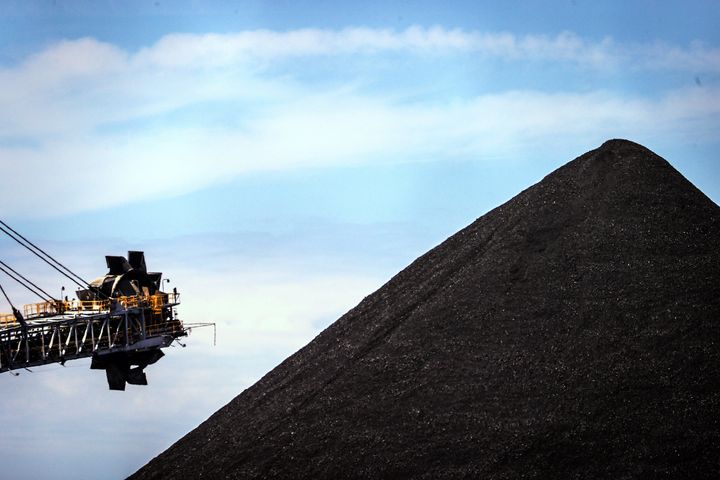An Australian politician on Monday accused several coal giants, including U.S.-based Peabody Energy, of “lying for years about the quality” of Australian coal exports.
In an explosive speech before Parliament, Independent MP Andrew Wilkie said a whistleblower — a high-level executive in Australia’s coal sector — provided him with thousands of pages of documents detailing widespread industry fraud that involved falsifying lab tests to make coal appear to be of higher quality.
“Coal companies operating in Australia are using fraudulent quality reports for their exports, and paying bribes to representatives of their overseas customers to keep the whole scam secret,” said Wilkie, speaking under parliamentary privilege, which gives members of parliament certain legal immunity. “And this has allowed them to claim, for years, that Australian coal is cleaner than it is in order to boost profits and prevent rejection of shipments at their destination.”
Wilkie called the scheme “environmental vandalism” that puts Australia’s reputation at risk and “makes all the talk of net zero emissions by 2050 a fiction.” He called for parliamentary investigation into the matter.
Australia is one of the world’s top coal producers, and industry supporters have long argued that Australian coal is “cleaner” than overseas competitors. Australia Prime Minister Anthony Albanese, of the center-left Labor party, recently defended ongoing coal development, saying that if Australia halted its exports there would be “replacement coal from other countries that’s likely to produce higher emissions.”
The alleged scandal threatens to turn that narrative on its head.
Bloomberg Creative via Getty Images
Wilkie said the documents implicate mining companies Peabody Energy, Terracom, Anglo American and Glencore, and that fraudulent exports went to Japan, South Korea, China and India. The documents also implicate coal testing companies SGS and ALS, as well as accounting firm Ernst and Young and Macquarie Bank, he said.
Wilkie highlighted one instance where a draft quality test by SGS purportedly showed a batch of coal with 16.7% moisture content, which he said is “pretty damp and won’t burn well.” In the final document, however, SGS listed the moisture content for that same coal at 15.9%.
“That represents hundreds of thousands of dollars in extra profit…
Click Here to Read the Full Original Article at World News – Breaking News, Top Stories…

